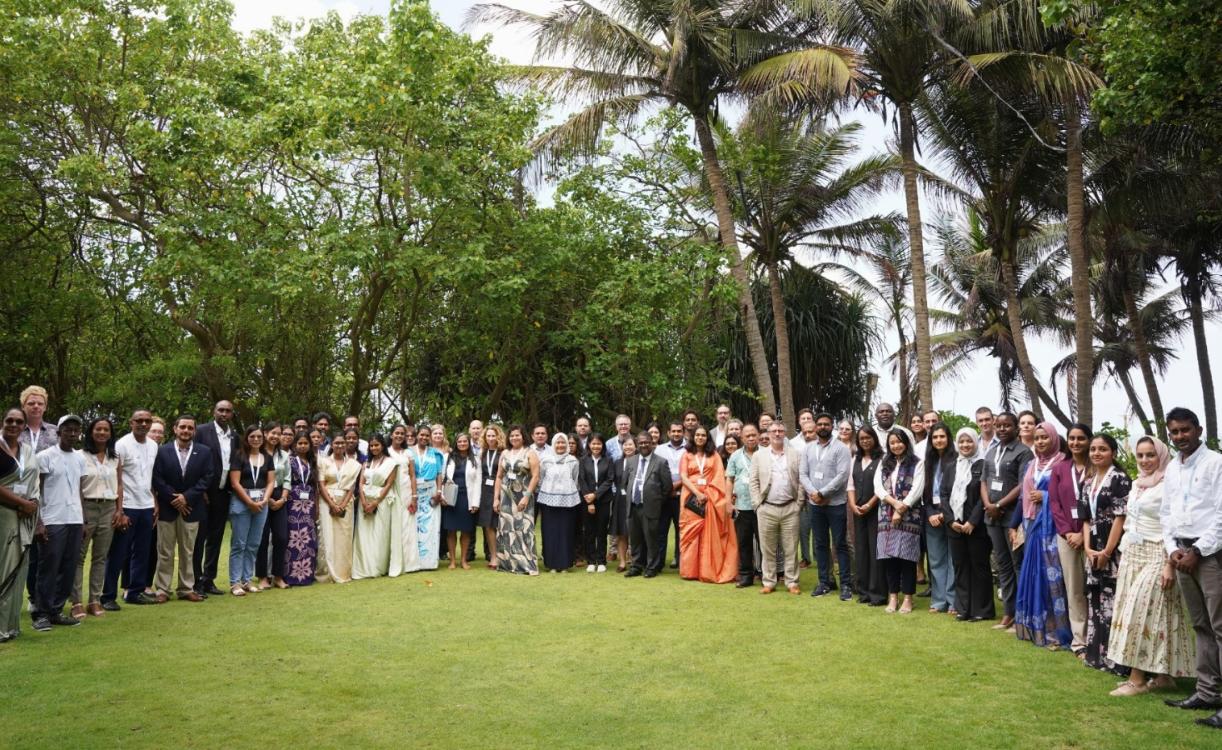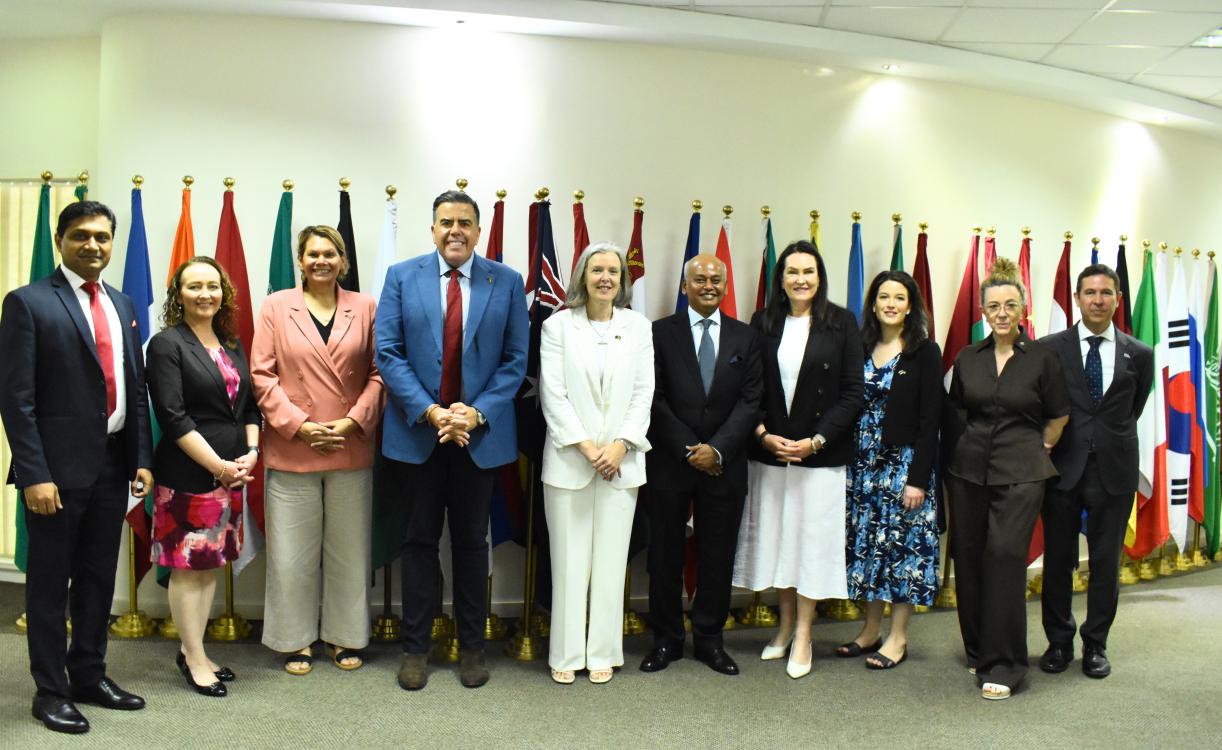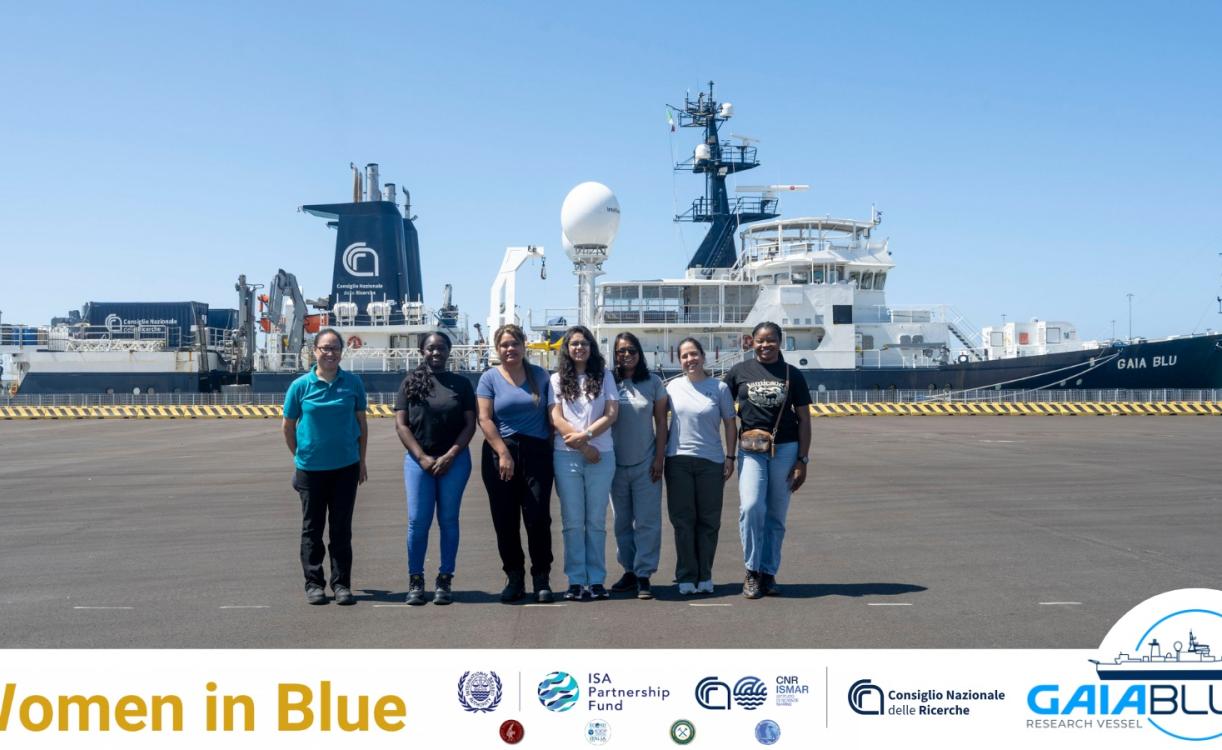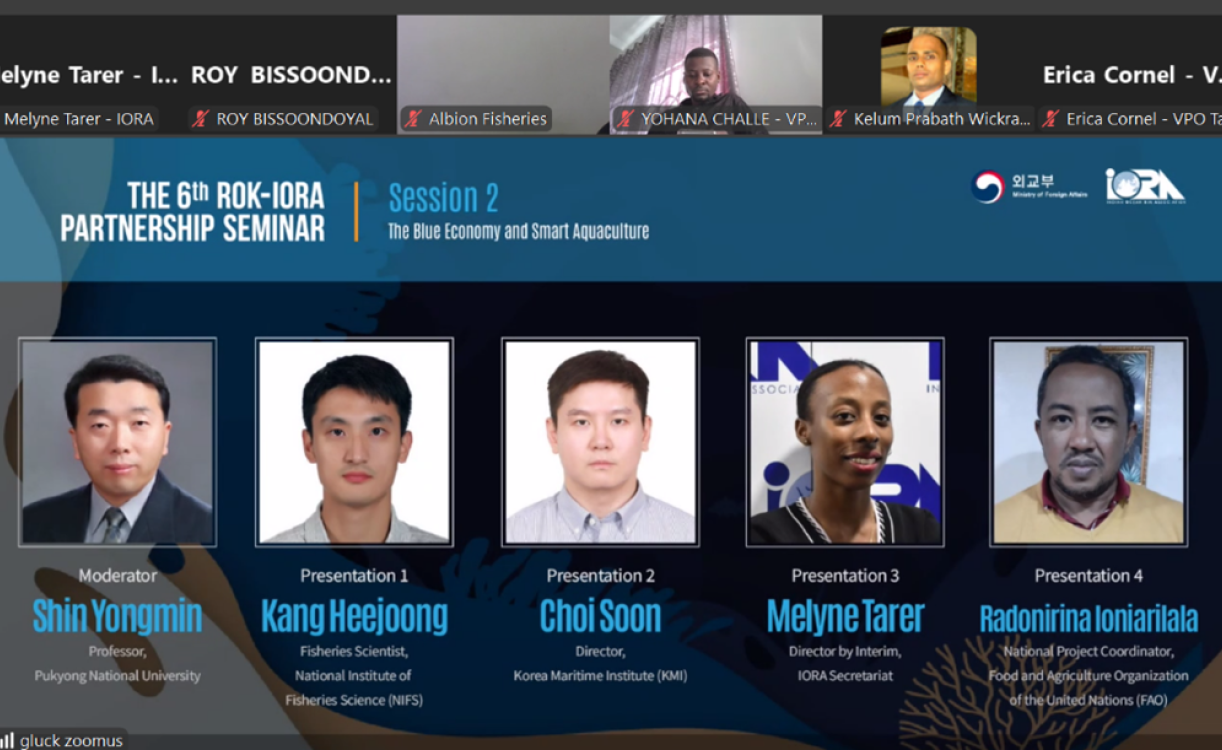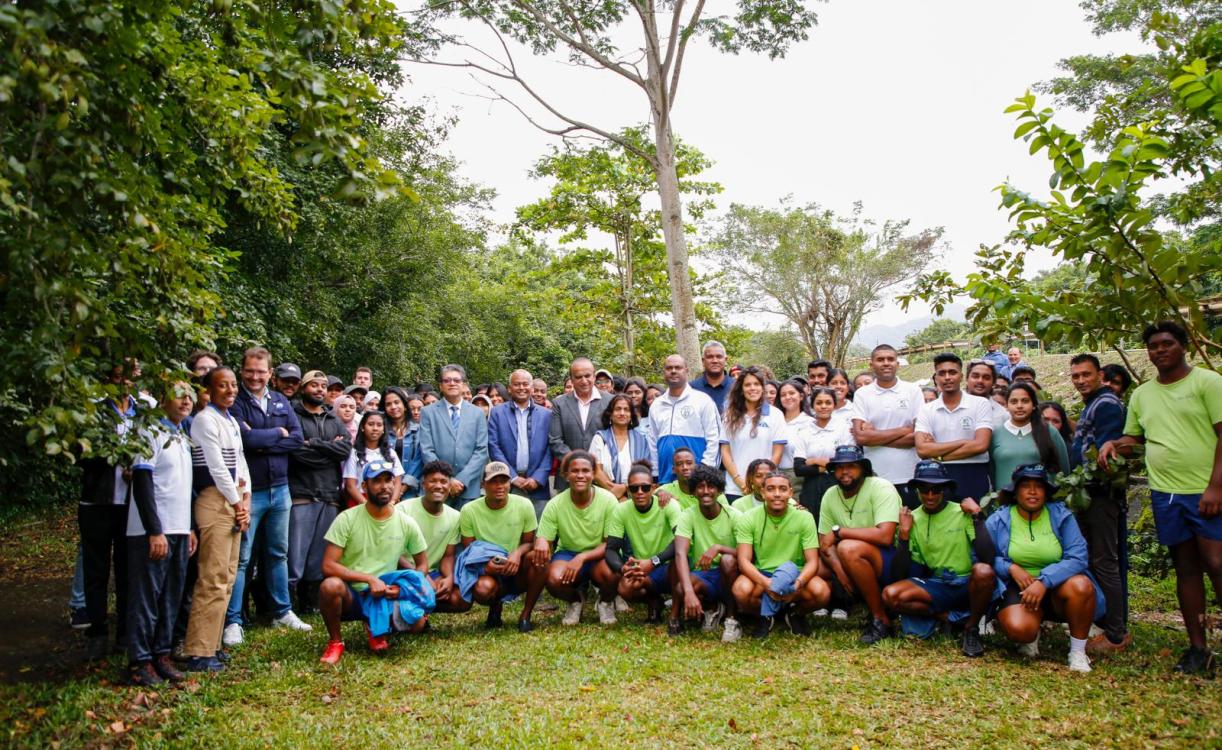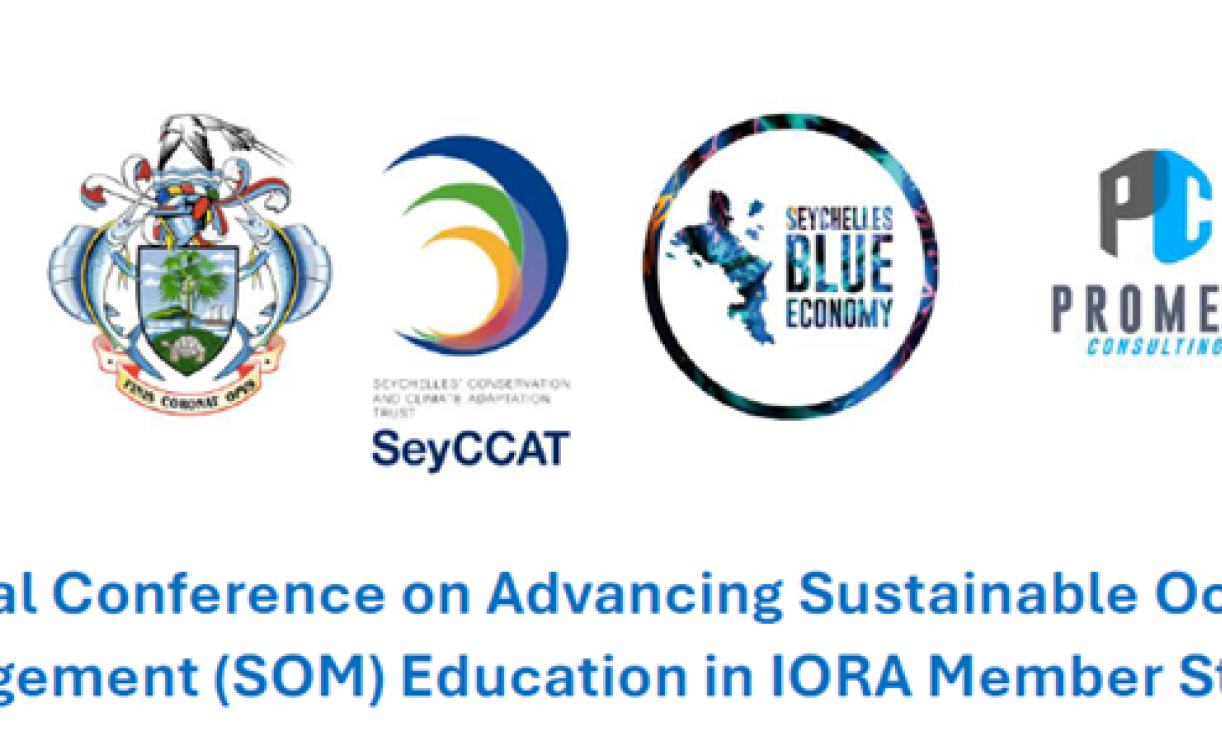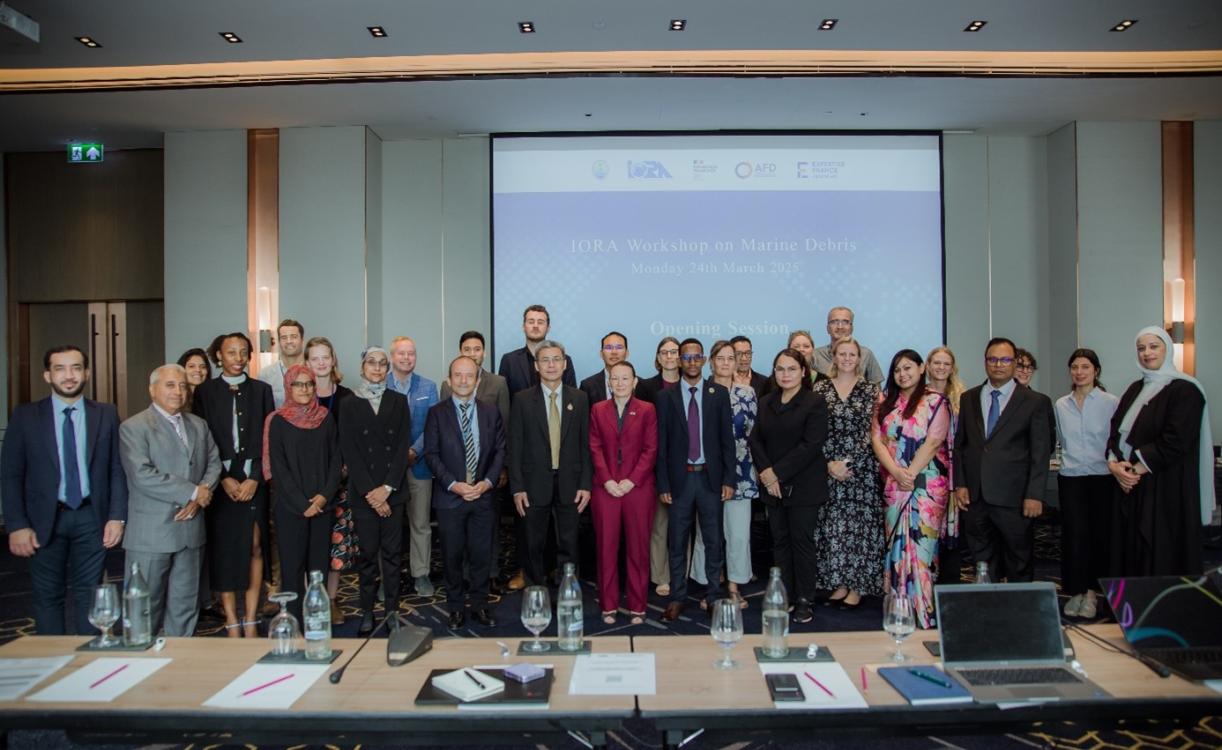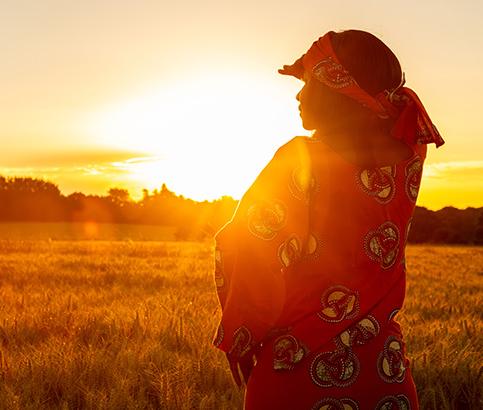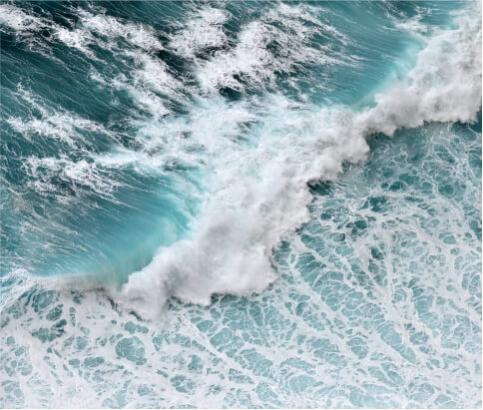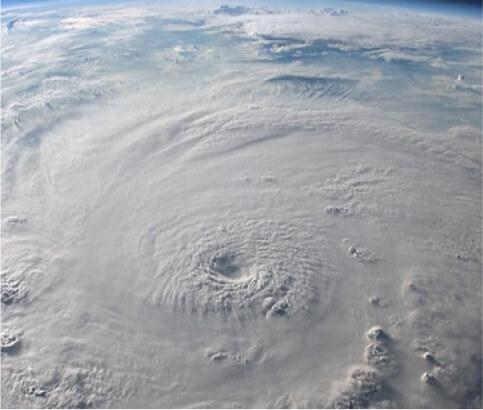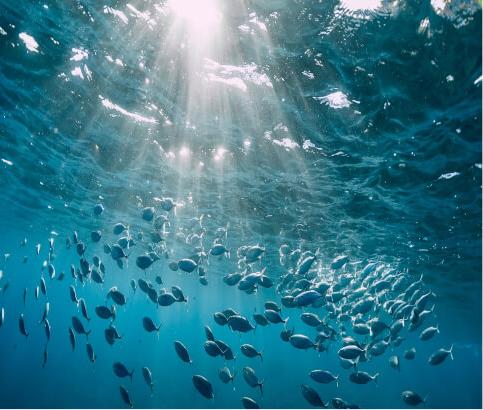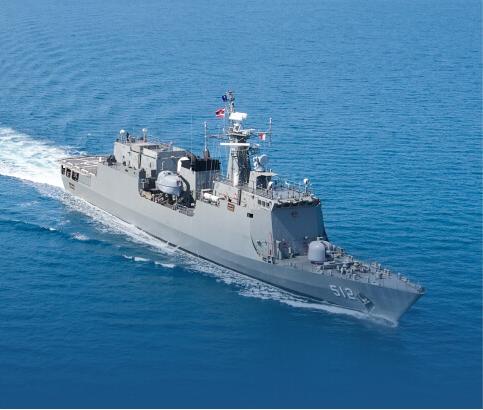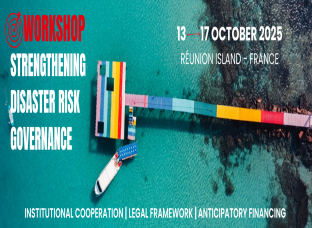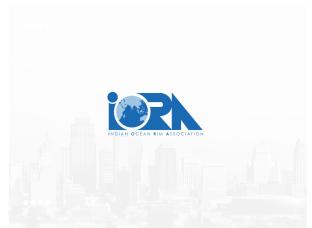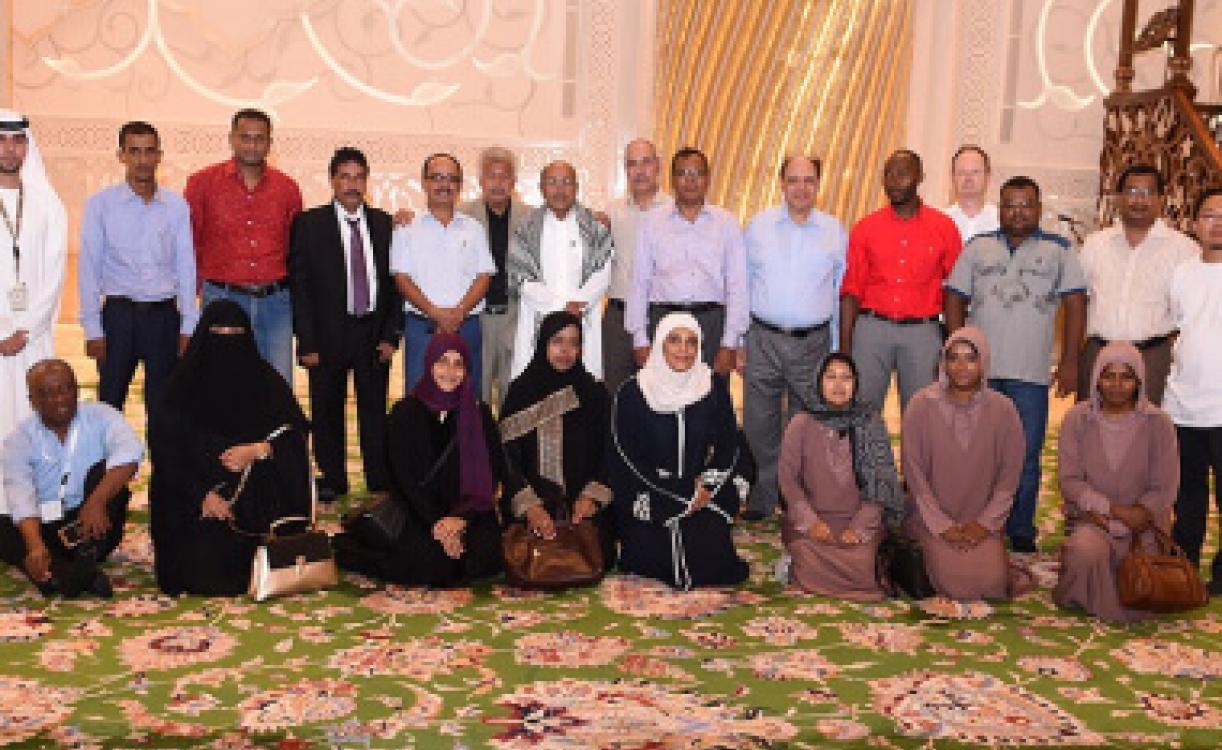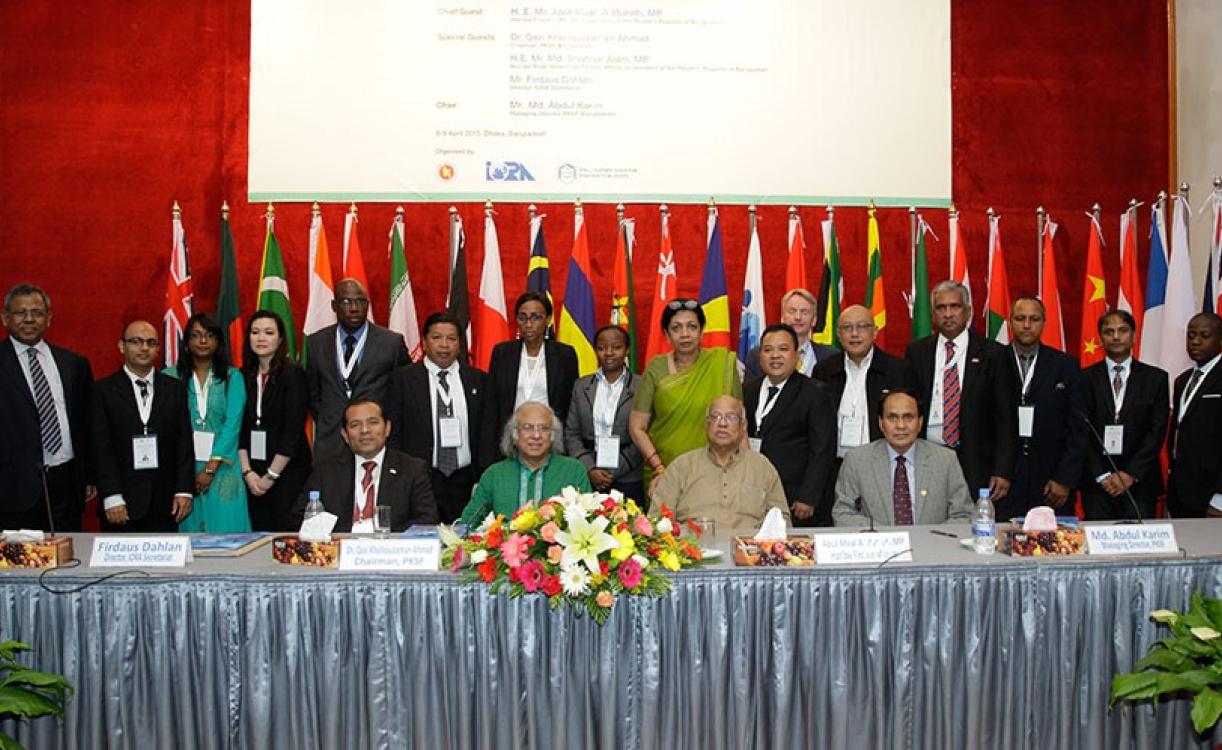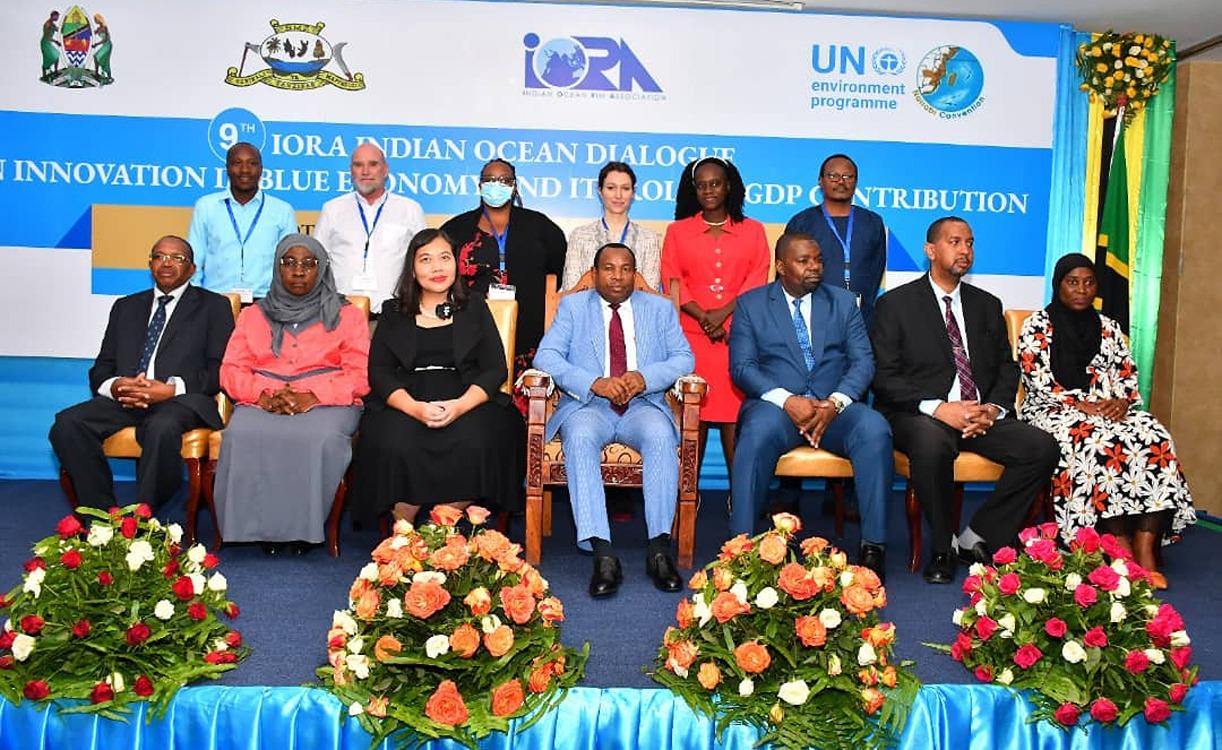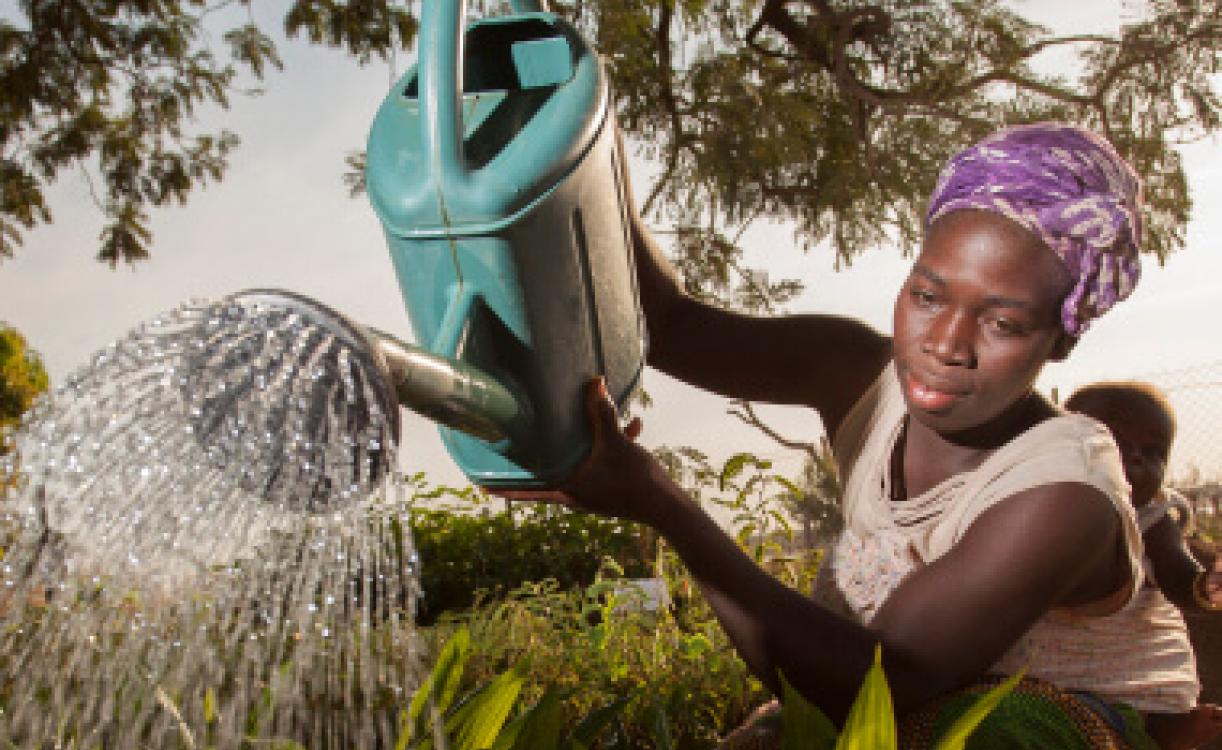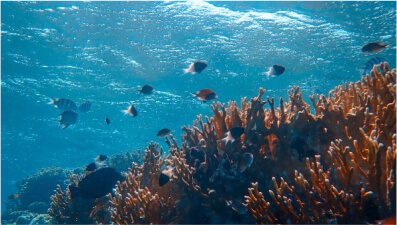Women's Economic Empowerment
Priorities Areas
and Cross-Cutting Issues
Calendar of Events
Events Calendar Block
IORA Chair
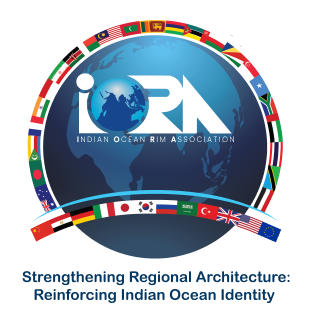
Sri Lanka assumed the position of Chair of IORA at the 23rd Meeting of the Council of Ministers held in Colombo on 11th October 2023 under the theme “Strengthening Regional Architecture: Reinforcing Indian Ocean identity” for the period of 2023-2025
IORA Member States
Commonwealth of Australia
People's Republic of Bangladesh
Union of Comoros
French Republic
Republic of India
Republic of Indonesia
Islamic Republic of Iran
Republic of Kenya
Republic of Madagascar
Malaysia
Republic of Maldives
Republic of Mauritius
Republic of Mozambique
Sultanate of Oman
Republic of Seychelles
Republic of Singapore
Federal Republic of Somalia
Republic of South Africa
Democratic Socialist Republic of Sri Lanka
United Republic of Tanzania
Kingdom of Thailand
United Arab Emirates
Republic of Yemen
IORA Dialogue Partners
Arab Republic of Egypt
European Union
Japan
Kingdom of Saudi Arabia
People’s Republic of China
Republic of Germany
Republic of Italy
Republic of Korea
Republic of Türkiye
Russian Federation
United Kingdom
United States of America
IORA Flagship Projects

